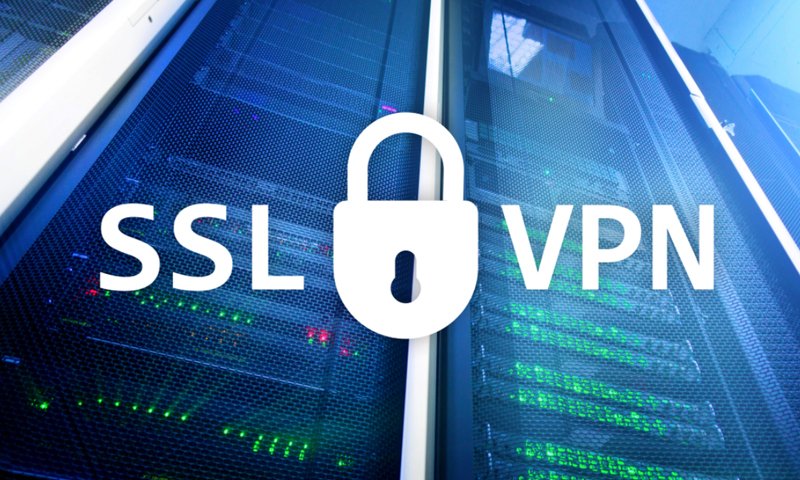
The Zero Trust network philosophy assumes that there are no attackers both inside and outside the network, so no users or machines should be automatically trusted.

Programs can communicate securely with one another via SSL, which is transparent to upper-layer applications. HTTP is the most successful application operating on top of SSL due to the World Wide Web's enormous popularity.

Cloud security, often referred to as cloud computing security, is a group of security controls intended to safeguard data, programmes, and infrastructure that are hosted in the cloud. These steps guarantee data and resource access control, user and device authentication, and data privacy protection.

End Point security guards against viruses, malware, bots, and other threats on endpoint devices such servers, laptops, desktops, tablets, and smartphones.

Securing the workplace that everything and everyone connects to is a crucial part. The supply of extremely secure network access management is made simpler by Identity Services, which offer a dynamic and automated approach to policy enforcement. ISE enables software-defined access and automates network segmentation.

In order to maintain the DNS infrastructure operating fast and reliably, DNS security is the technique of defending it from cyberattacks. Establishing redundant DNS servers, using security technologies like DNSSEC, and mandating stringent DNS logging are all components of a good DNS security plan.